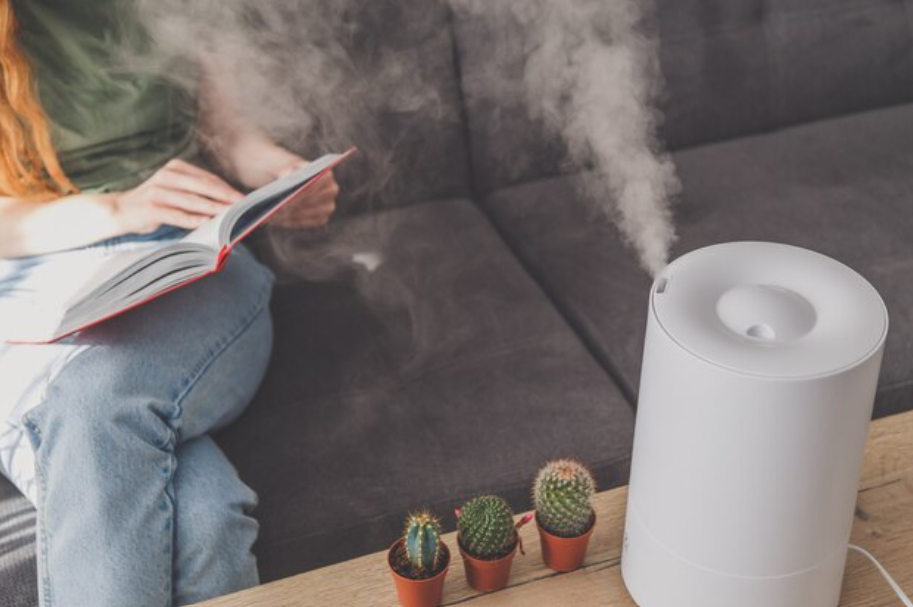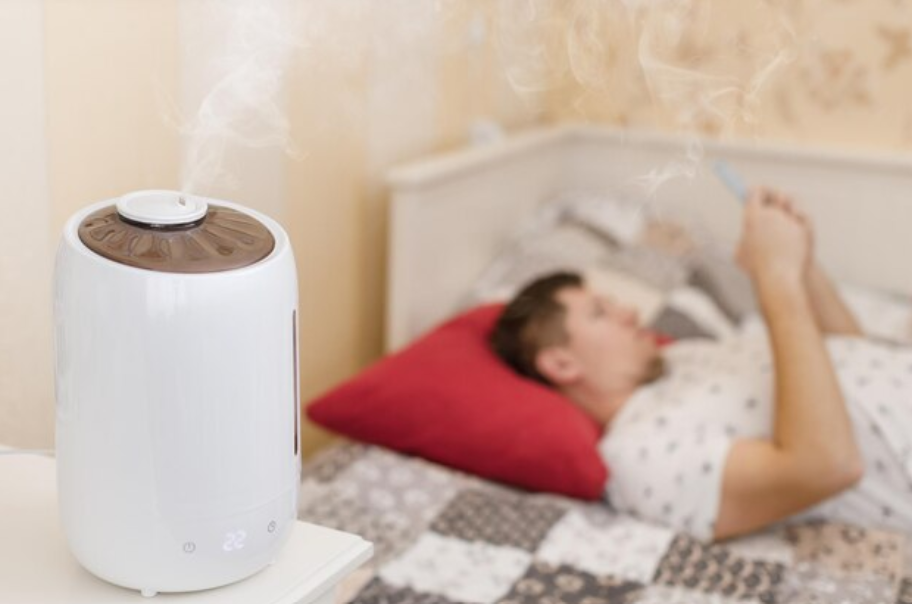
Get A Quote
Which Is Better for Allergies: Humidifier or Air Purifier?
Fear not, for we have the answers you've been seeking. In this comprehensive guide, we'll delve into the realm of household appliances and explore how to keep allergens at bay. Join us as we discuss the effectiveness of air purifiers and humidifiers in tackling allergies and find out which is better suited to your needs.
Understanding Allergens in Your Home
Before we dive into the solutions, let's understand the enemy – allergens. Common culprits include dust mites, pollen, pet dander, and mold spores. These microscopic irritants can wreak havoc on your respiratory system, causing discomfort and allergic reactions. To create an allergen-free haven, it's crucial to know where these intruders hide and how they infiltrate your living space.
How to Keep Allergens Out of Your Home?
Keeping your home allergen-free starts with regular cleaning routines. Dust surfaces, vacuum carpets, and wash bedding frequently. Additionally, consider using allergen-proof covers on pillows and mattresses to create a barrier against dust mites. Minimizing clutter and opting for easy-to-clean surfaces can further reduce allergen accumulation.
Do Air Purifiers Help with Allergies?
Now, let's turn our attention to air purifiers – the unsung heroes in the battle against allergens. Air purifiers, like those offered by CROSSBOW, use advanced filtration systems to capture and neutralize airborne particles. The intelligent air quality sensor in CROSSBOW's bladeless fan detects pollutants in real-time, adjusting the fan speed accordingly. This ensures a constant flow of clean air, helping to alleviate allergy symptoms.
How Does an Air Purifier Help with Allergies?
Air purifiers play a crucial role in creating an allergen-free environment by filtering small particles from the air, including pollen and indoor allergens. The effectiveness of an air purifier depends on various factors such as its type, the room size, weather conditions, and the individual using the appliance. Different purification methods exist, with filtration being the most popular. This process involves drawing indoor air into the purifier, passing it through a filter that eliminates minute particles, and releasing cleaner air into the room. This filtration targets elements that can trigger allergy symptoms, providing relief to sufferers.
Moreover, air purifiers address volatile organic compounds (VOCs), smoke, and odors that can impact respiratory health. However, the efficiency of these processes relies on selecting the right-sized air purifier for your room. A general guideline is to choose a device with a clean air delivery rate (CADR) equal to at least two-thirds of the room's area. The True HEPA filter, a standard in air purifiers, can target particles as small as 0.3 microns, effectively removing pollen, dust, pet dander, and other allergen triggers.
Do Air Humidifiers Help with Allergies?
Now, let's explore the role of air humidifiers in the allergy battle. Humidifiers add moisture to the air, preventing it from becoming too dry – a condition that can exacerbate allergy symptoms. By maintaining optimal humidity levels, humidifiers can soothe irritated nasal passages and help ease respiratory discomfort caused by allergies.
How Does a Humidifier Help with Allergies?
Humidifiers, designed to release steam or water vapor into the air, play a crucial role in allergy management by increasing humidity levels. Humidity, the amount of water vapor in the air, holds significance in both the development and treatment of allergies. Breathing air with higher humidity proves beneficial in alleviating the discomfort and symptoms associated with allergies.
Allergic rhinitis, characterized by nasal congestion, irritation, and inflammation of the nasal mucosa, can find relief through increased humidity. The moistening effect reduces inflammation, allowing nasal tissues to efficiently expel irritants and allergens, providing swift relief from allergy symptoms.
Finding the right humidity level is essential, as it affects common allergens like dust mites and mold. Lower humidity inhibits the thriving of these allergens, contributing to a healthier living environment. On the other hand, higher humidity is more comfortable for the tissues of the throat and nasal passages. Striking a balance with indoor air that is neither too damp nor too dry is ideal for optimal allergy management.
Which Is Better for Allergies: Humidifier or Air Purifier?
The ultimate question – which is better for allergies: a humidifier or an air purifier? The answer lies in your specific needs. If you're battling airborne allergens and pollutants, CROSSBOW's air purifier is your go-to solution. However, if dry air is exacerbating your symptoms, CROSSBOW's air humidifier can also complement the purifier by maintaining optimal humidity levels.
Conclusion
In the pursuit of an allergen-free home, a combination of preventive measures and innovative appliances is key. Regular cleaning routines coupled with the advanced technology of air purifiers and humidifiers can transform your living space into a sanctuary for allergy sufferers. CROSSBOW, with its bladeless fan and intelligent air quality sensor, stands as a beacon of relief in the battle against allergens. Embrace the power of clean air and bid farewell to allergy woes. Your home should be a haven, not a trigger – let CROSSBOW lead the way.


